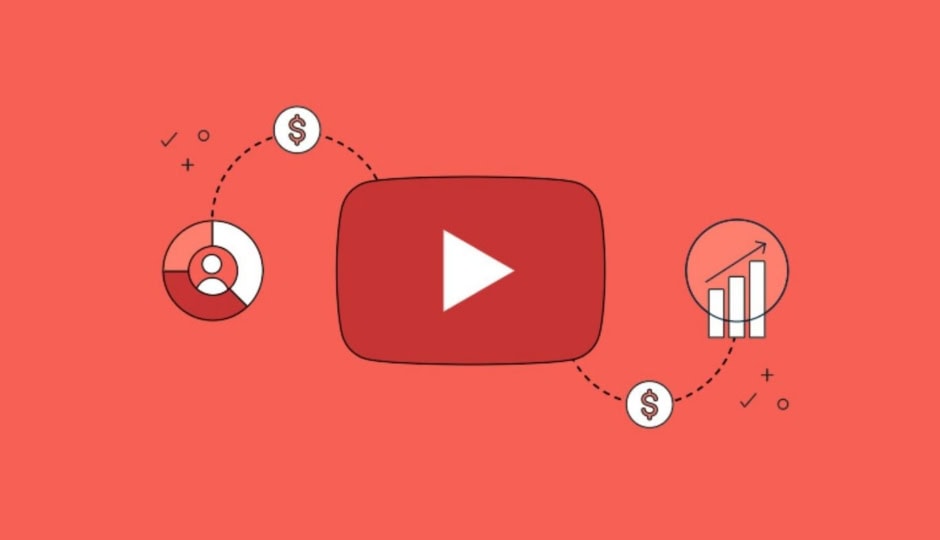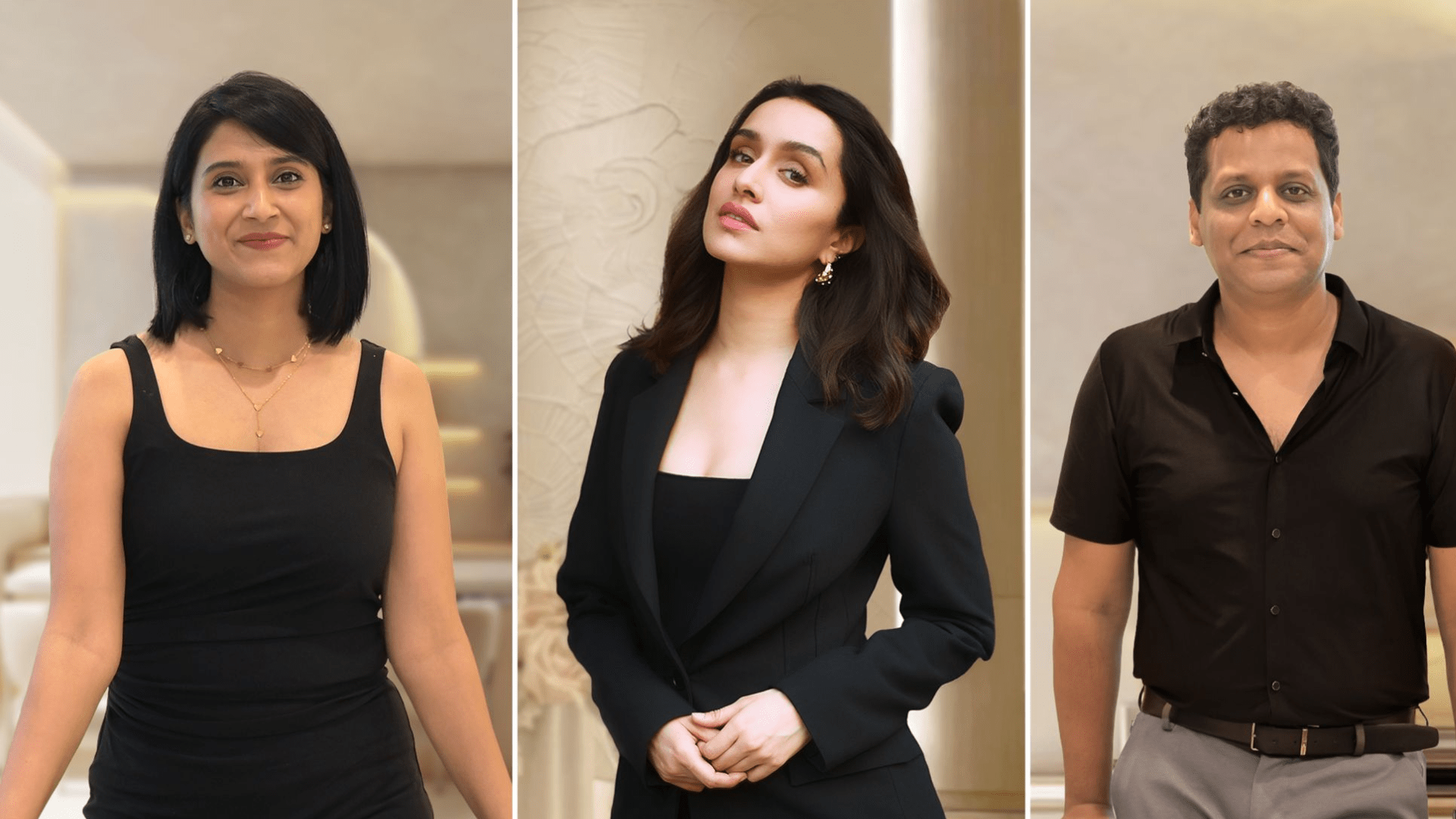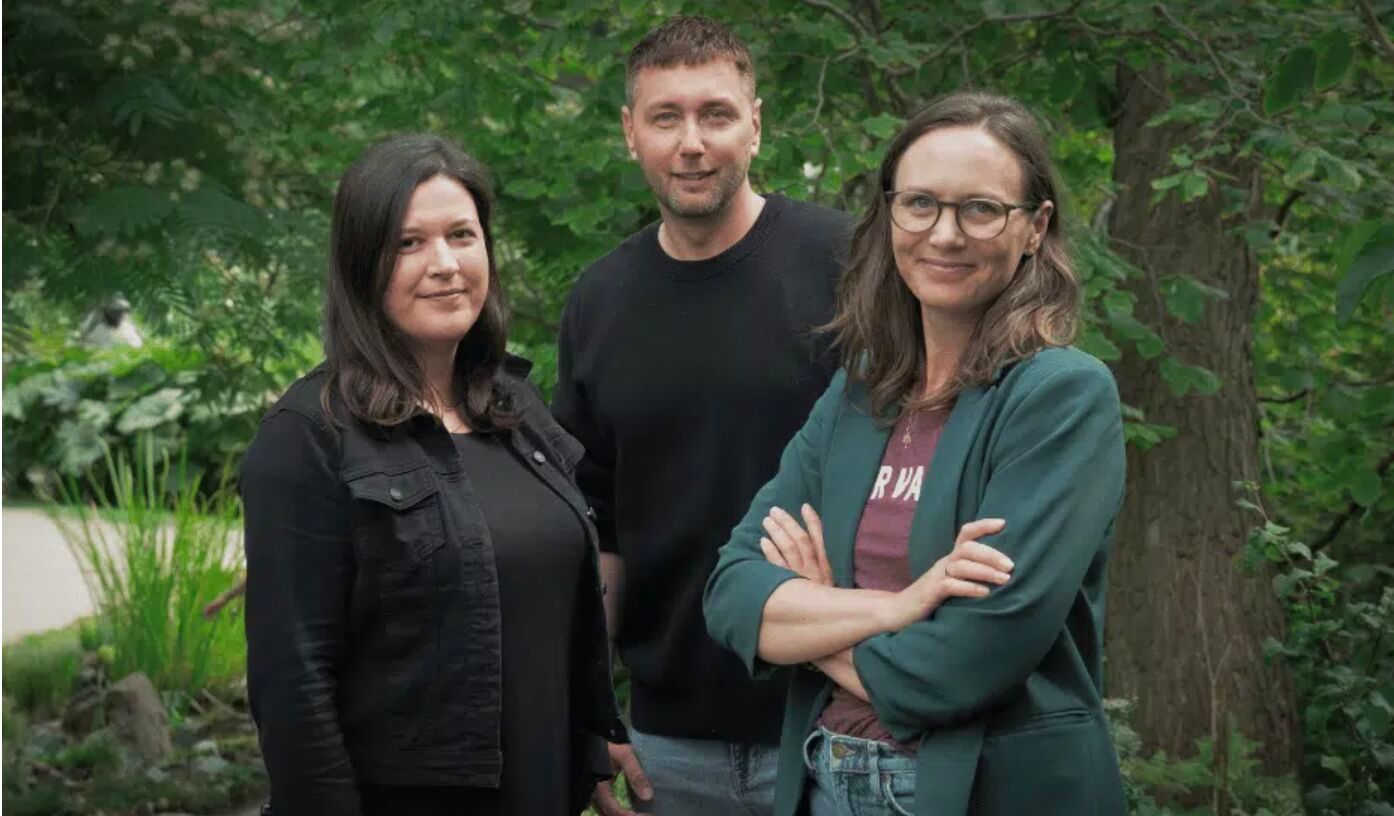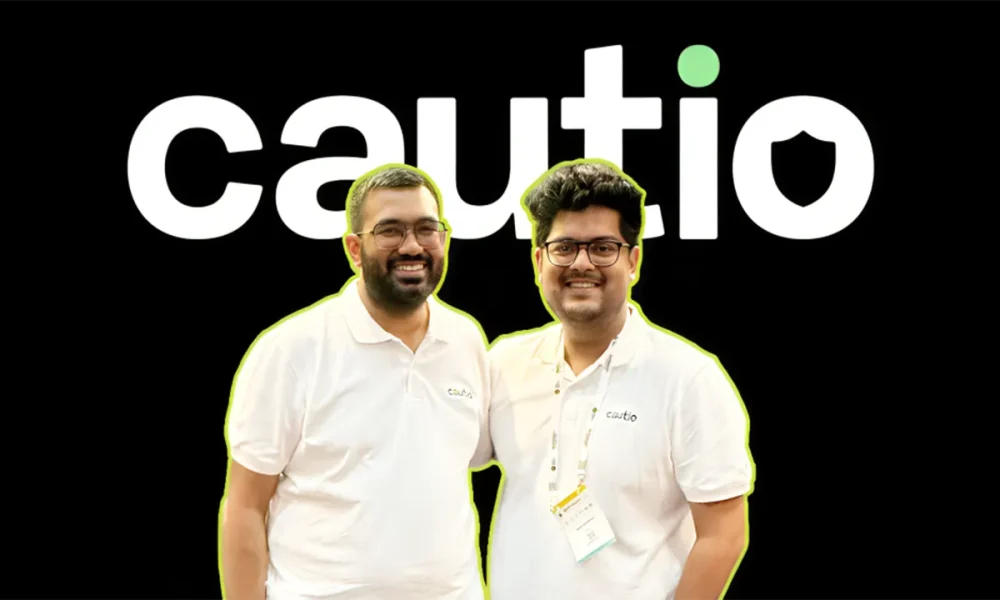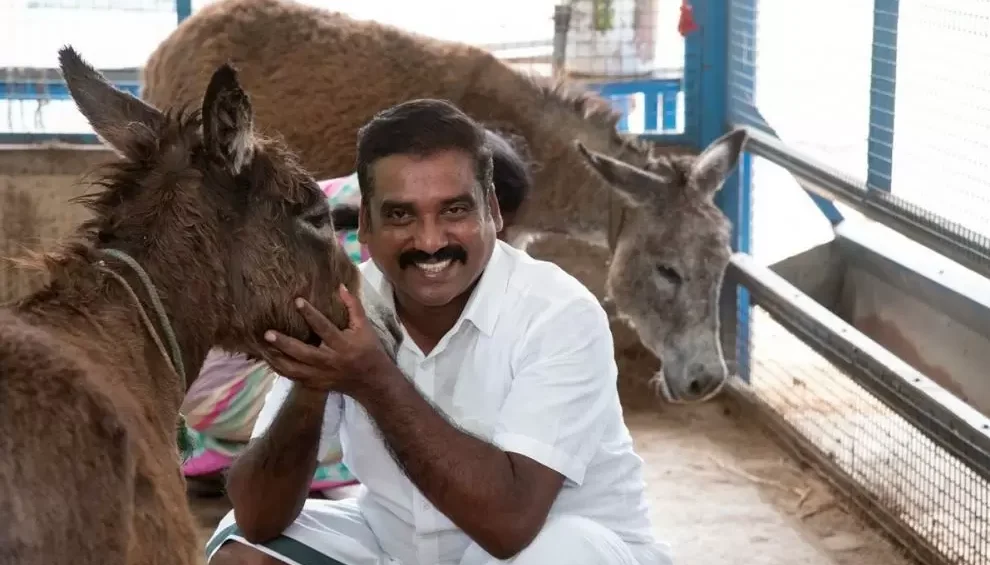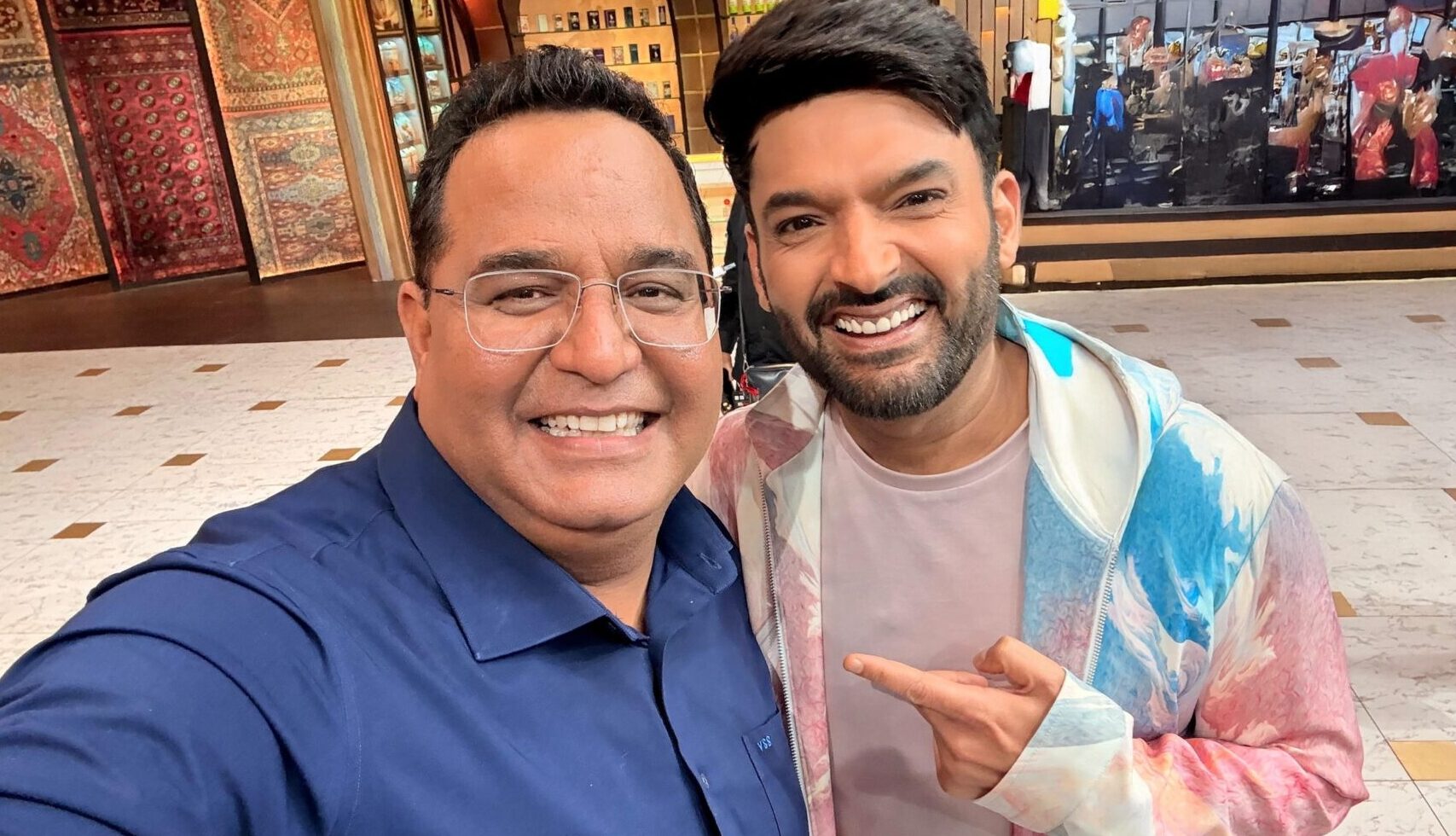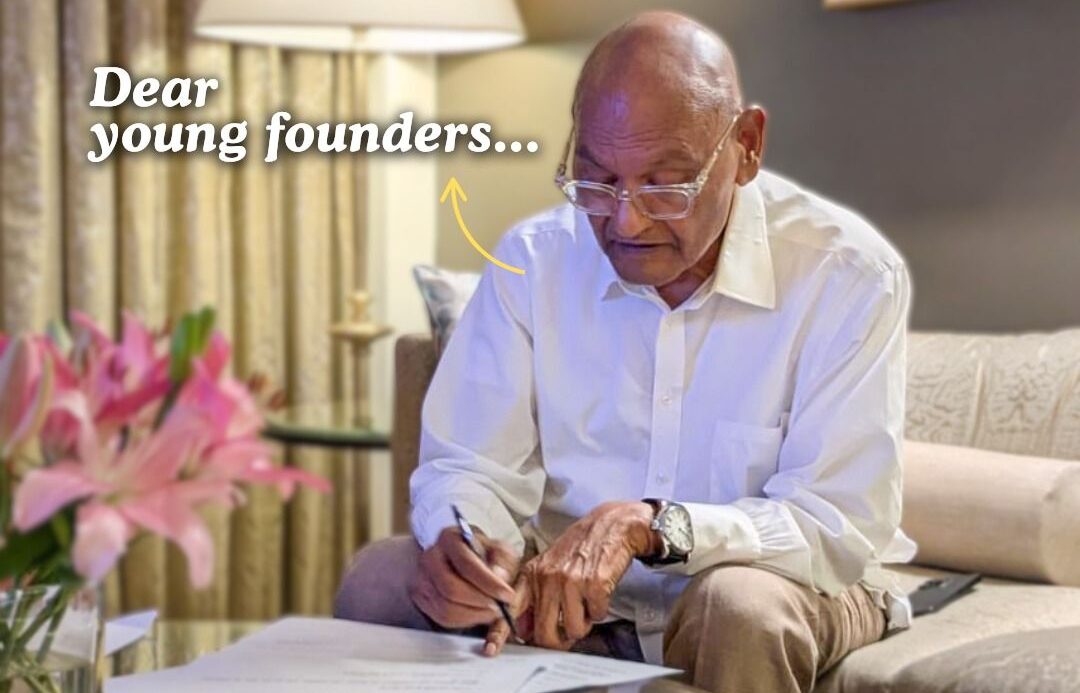In a wake-up call to encourage originality, YouTube, the popular video-sharing platform, is set to enforce stricter rules targeting mass-produced, repetitive, and faceless content, including videos that rely heavily on AI and lack meaningful human input.
The platform is set to enforce the new monetization policies from July 15, 2025, which have sent ripples through the entire creator community.
Here’s a breakdown of what’s changing, why YouTube is making these updates, and how this shift in policy could affect content creators.
YouTube Partner Program (YPP): The Changes
YouTube’s updated monetization rules under the YouTube Partner Program (YPP) are designed to limit what it considers “mass-produced” and “inauthentic” content. This includes:
- Faceless Slideshow Content: Slideshow-style content using stock images or basic, repetitive editing techniques. Narrated videos that lack a personal voice or meaningful human involvement
- Recycles Media: Compilations or reused footage with little to no added context, with minimal value added (e.g., compilations or cropped clips)
- Low Effort Videos: This includes videos that are made solely for earning money and with a minimum or no effort to make it original
- Fake Trailers, Deepfakes, and Misleading Synthetic Content: Misleading or manipulated visual content, including fake trailers or imitations
A Surge in ‘AI Slop’: The Reason Behind YouTube’s Pivot
Over the past year, YouTube has seen a surge in “AI Slop”, in layman terms these are low-quality, mass-produced videos that overwhelm user feeds, mislead viewers, and are designed primarily to game the algorithm for ad revenue.
Three key reasons are driving this crackdown:
- To protect the content quality
- To preserve the advertiser trust
- To stay ahead of regulations in the world of deepfakes and digital misinformation
YouTube’s AI Crackdown: Who Will Be Impacted?
While YouTube has not clearly defined terms like mass-produced, repetitive, or inauthentic, industry observers, on the other hand, believe the update is likely aimed at creators, including:
- Creators with Compilation Channels: This includes creators who reuse existing content (such as viral videos, reactions, or memes) with minimal original commentary or creative input
- Creators with Faceless Gaming Channels: Especially those sharing similar gameplay videos repeatedly, without commentary, a unique perspective, or personal engagement
- Creators having Voiceover-driven Explainer Videos: Particularly if the narration lacks a human touch or original analysis
- Automated Tutorial Creators: Channels that follow the same visual format and scripted approach to produce how-to content, often lacking direct user engagement
- Creators having Quote or Motivation Channels: Often relying on text overlays, stock footage, and robotic narration in a looped format
Magnitude of the Impact on Creators
- Loss of Ad Revenue: Creators whose content no longer meets YouTube’s updated standards may find their videos demonetized, meaning they will no longer earn money through ad placements
- Stricter Enforcement of Originality Thresholds: Creators will need to show clear signs of effort, creativity, and personal involvement to meet the platform’s updated standards
- Increased Channel Reviews and Warnings: YouTube may send warnings to channels, limit their ability to earn from videos, or remove them entirely from the Partner Program if they consistently violate the updated content standards
- Decline in Passive Content Models: Creators will need to adopt more hands-on approaches to stay relevant and compliant
- Rework on Existing Content Libraries: Creators having templated videos may need to rework or remove past uploads to avoid channel strikes or loss of monetization
- Longer Approvals & Rejections of New Channels: New creators trying to enter the platform with generic or non-personalized content may face longer approval times or rejections when applying for the YouTube Partner Program
The Requisites for Creators
- Avoid spammy, repetitive formats
- Use AI tools as assistants, not substitutes
- Disclose AI-generated elements when required, especially for synthetic voices or images
- Focus on transformation and curation
Read More: Truth Behind Dubai’s ₹23L Golden Visa Claim









